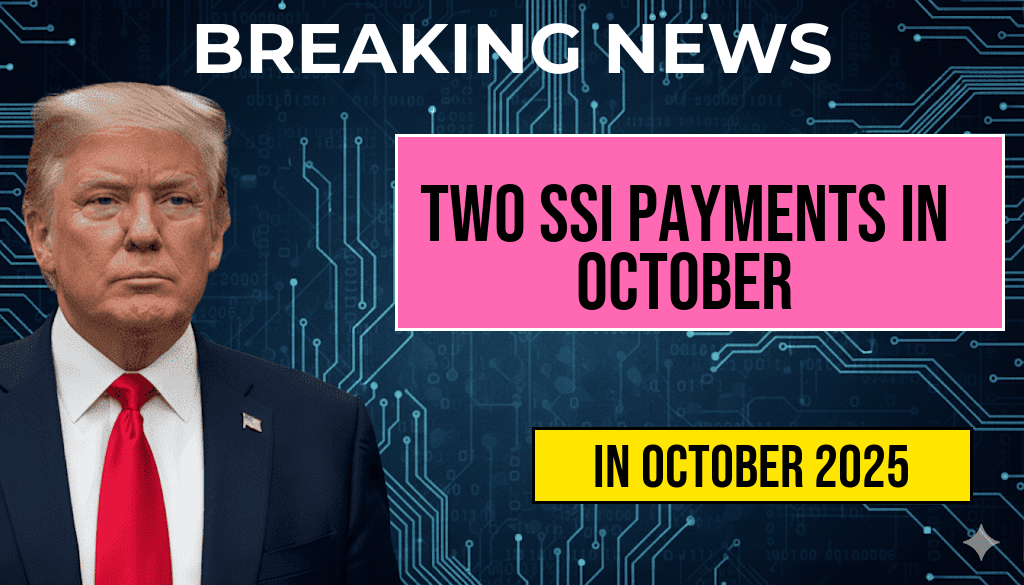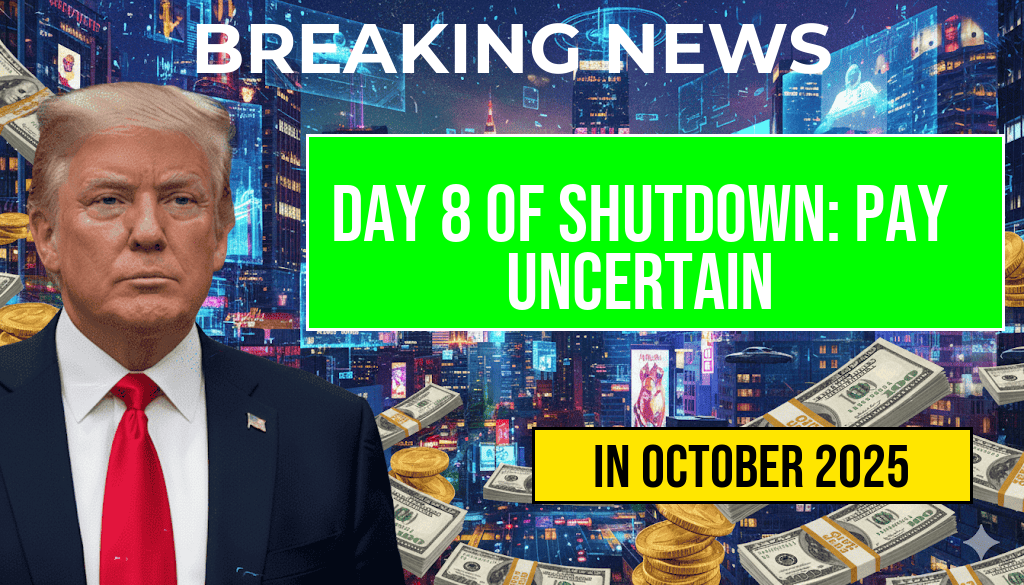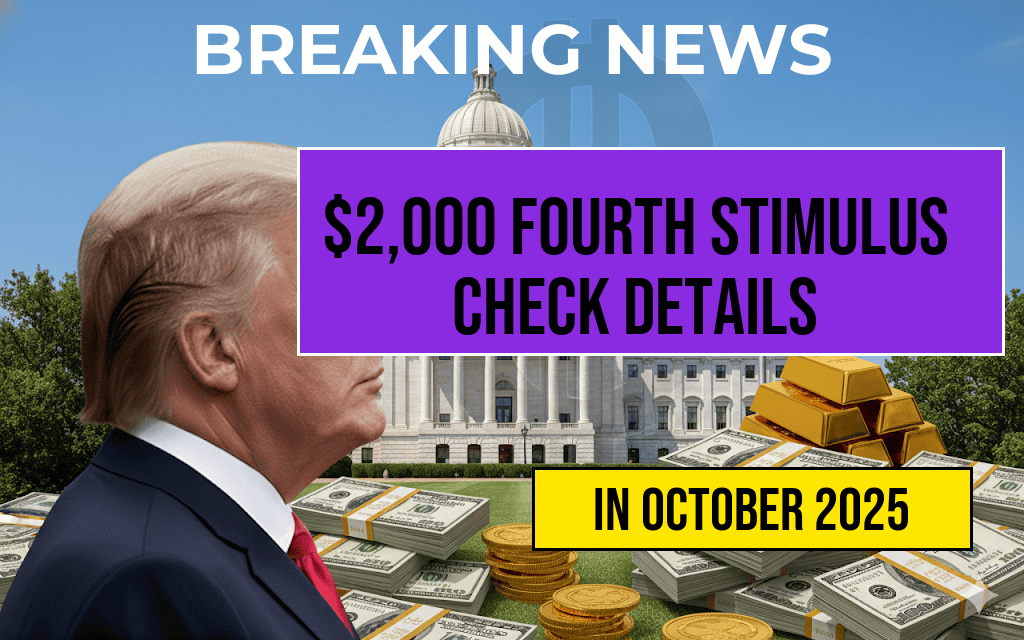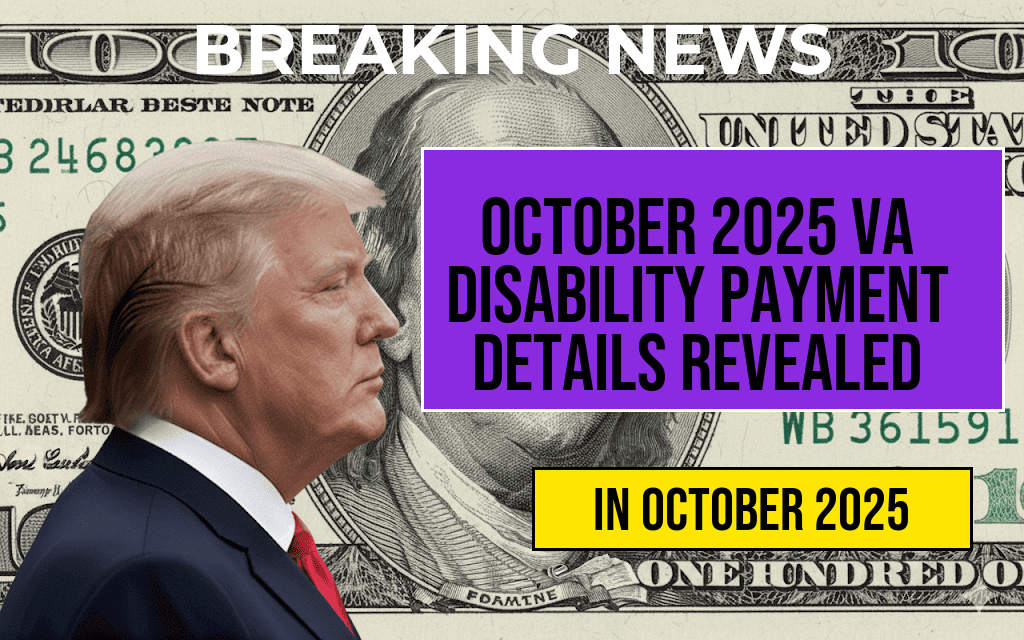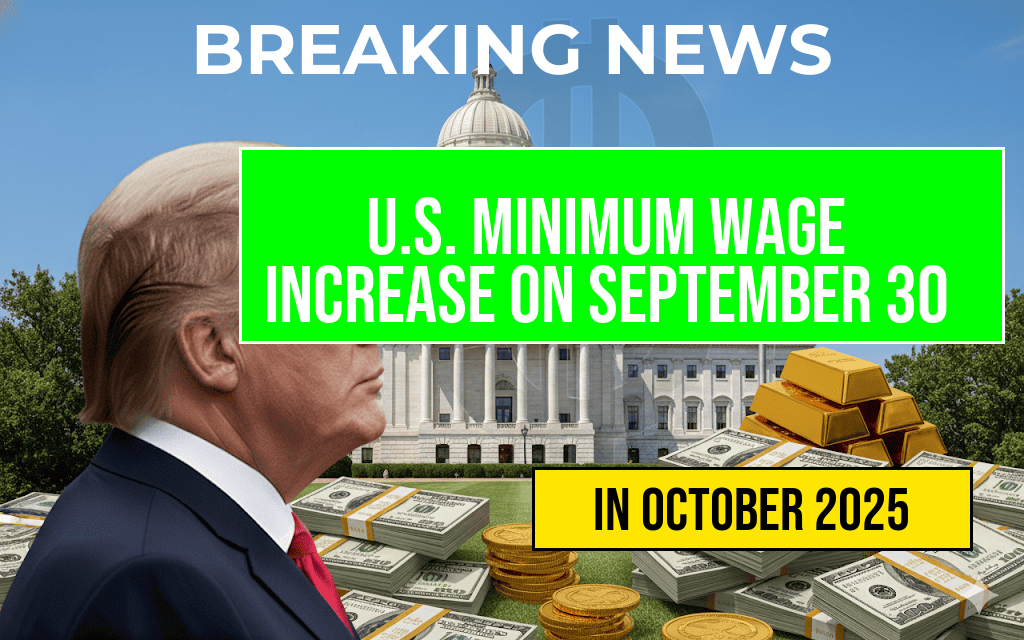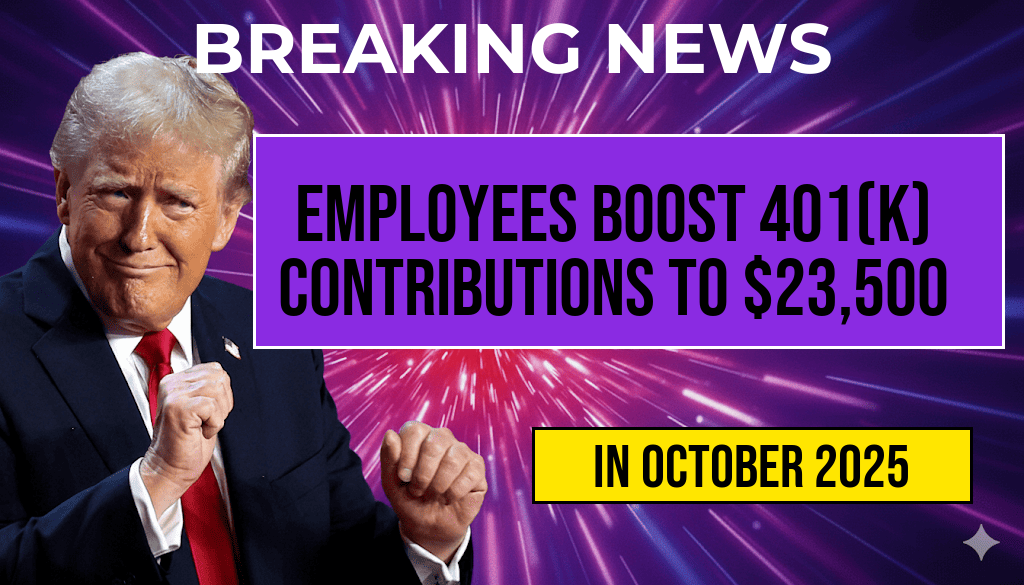As the partial government shutdown stretches into its eighth day, federal workers are left in a state of uncertainty regarding their pay. Lawmakers remain at an impasse over budget negotiations, prompting questions about whether employees will receive any compensation during this period or if they will be forced to wait for Congress to resolve the issue. With more than 800,000 federal employees affected, the implications of this shutdown are significant, not only for the workers but also for the broader economy. Many federal employees are concerned about how long they can sustain their living expenses without a paycheck, while agencies are scrambling to manage operations with limited staff. The situation is further complicated by the differing policies on pay for essential and non-essential workers during a shutdown.
Current State of the Shutdown
As of today, the federal government remains partially shut down due to unresolved budget negotiations between Congress and the White House. The primary contention revolves around funding priorities, with significant disagreements on issues such as border security and healthcare funding. Essential services, including national security and public safety, continue to operate, but many federal departments have curtailed their operations, affecting various services and programs.
Impact on Federal Workers
The ongoing shutdown has left federal employees, many of whom are classified as essential workers, in a precarious financial position. These workers are expected to continue their duties without immediate compensation, leading to increased anxiety about their financial stability. Federal employees typically receive back pay for the duration of the shutdown once it concludes; however, the uncertainty surrounding the timeline of this shutdown raises concerns.
Types of Federal Employees Affected
- Essential Workers: These employees maintain critical government functions and are required to work during the shutdown. They include law enforcement, air traffic controllers, and healthcare workers.
- Non-Essential Workers: These employees are furloughed and are not required to work. They generally do not receive pay until the shutdown ends.
Will Workers Receive Compensation?
Historically, federal employees have typically received back pay after a shutdown ends, regardless of their classification as essential or non-essential. However, the timing of the resolution is crucial. Current reports indicate that if the shutdown persists beyond a few weeks, the financial strain could become unbearable for many workers. According to a recent study by the Forbes Advisor, the average federal employee has limited savings to cover unexpected financial gaps.
Financial Preparedness of Federal Employees
Many federal employees are now seeking financial advice to navigate this challenging situation. Some are considering short-term loans or alternative employment to bridge the gap until they receive their paychecks. According to the Wikipedia entry on government shutdowns, previous shutdowns have illustrated the need for better financial preparedness among federal workers.
Public and Private Sector Response
Businesses and local organizations have started to respond to the needs of federal workers affected by the shutdown. Some are offering discounts, temporary jobs, and other forms of assistance. Community organizations are stepping up to provide food and resources for those struggling during this uncertain period.
Government Response
Congress is under pressure to reach a bipartisan agreement to resolve the funding deadlock. Various proposals are being discussed, but a resolution has not yet materialized. Lawmakers are aware of the growing frustration among federal employees and are facing mounting public pressure to take action.
Looking Ahead
The impact of the shutdown extends beyond federal employees to the wider economy. Economists warn that prolonged shutdowns can lead to decreased consumer spending, potentially dragging down economic growth. As negotiations continue in Washington, the stakes remain high for both federal workers and the nation’s economic health.
Conclusion: The Road Ahead
As the shutdown continues, federal workers face an uncertain future regarding their pay. The resolution of this crisis will depend on the willingness of Congress to compromise and prioritize the needs of those affected. Until then, federal employees must navigate these challenging waters with resilience and resourcefulness.
Frequently Asked Questions
Question 1: What is the current status of the federal government shutdown?
The federal government is currently in a shutdown that has lasted for eight days, affecting numerous federal services and employees.
Question 2: Will federal workers receive any pay during the shutdown?
During the shutdown, federal workers are not receiving pay for the days they are not working, but there are discussions about potential back pay once the government reopens.
Question 3: How does the shutdown impact the compensation of federal employees?
The compensation of federal employees is directly impacted, as many are currently unpaid, but full compensation may be provided retroactively after the shutdown ends.
Question 4: Are there any exceptions for federal workers regarding pay during the shutdown?
Some federal workers, especially those in essential services, may continue to work without pay, but they are expected to receive back pay once the government reopens.
Question 5: What steps are being taken to resolve the government shutdown?
Negotiations are ongoing among lawmakers to reach a resolution and end the shutdown, which would allow federal workers to resume their duties and receive full compensation.



